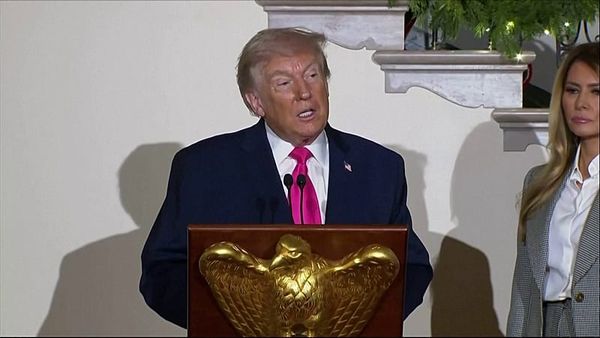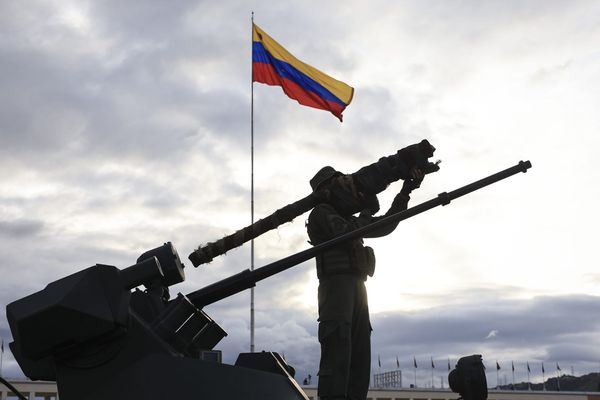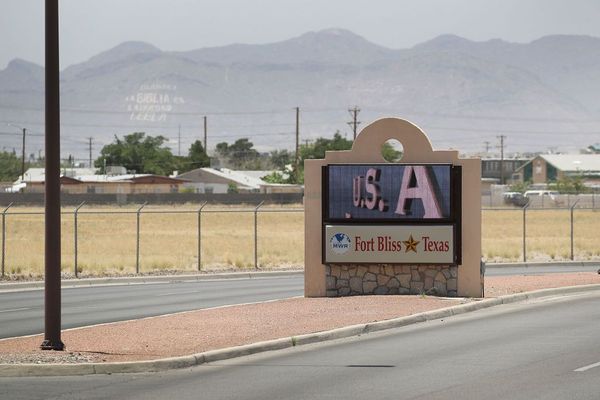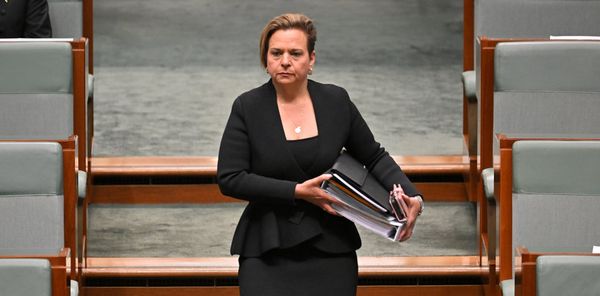
Senior Victorian Liberals have questioned the need for a proposed independent treaty authority to oversee negotiations between the state government and First Nations people, while maintaining the party has not yet decided whether to support the idea.
Speaking on Sky News on Tuesday night, the shadow treasurer, David Davis, suggested negotiations should be handled by parliament rather than an independent authority.
“Nothing’s ever independent, it’s always stacked and you’ve got to ask why another quango would help?” he told the host Peta Credlin.
“There are clearly decisions to be made here and they should be decisions ultimately for the parliament. Do we need another quango? [Do we need] more public cost, more media?”
A quango is a committee appointed by the government which works independently.
The Andrews government on Tuesday introduced to parliament legislation to create the authority, after an agreement was struck with the First Peoples’ Assembly of Victoria – the body elected by the state’s Indigenous people to help develop a treaty framework.
The authority will be made up of First Nations people with the legal powers necessary to facilitate treaty negotiations between the government and traditional owners, and resolve any disputes between parties.
It will sit outside government bureaucracy and will not report to a minister.
On Tuesday, the opposition spokesperson for Indigenous affairs, Nationals leader Peter Walsh, said in a statement he would seek feedback from Aboriginal Victorians on the treaty authority bill before taking a position.
The opposition leader, Matthew Guy, on Wednesday stood by Davis’s comments, while maintaining the Coalition was yet to form a position on the bill.
“David is expressing frustration that a lot of us have,” Guy told reporters outside parliament. “Is it about real solutions or is it about PR for the government in the lead up to the election?”
Guy said issues of disadvantage and prejudice needed to be addressed but questioned whether there was a need for a treaty authority.
“There’s an authority for everything and some are needed, some are not,” he said.
“There’s just this run to an authority for everything when the government can do this work itself or indeed the parliament can do this work itself.”
Walsh has previously told Guardian Australia he was prepared to work with traditional owners to “advance the treaty process”.
“Treaty is deeply personal, meaning that the road to achieving treaty will be different things to all people,” Walsh said in May.
“As treaty negotiations progress, it must be in a way that meets the ideals and expectations of all Aboriginal Victorians and contributes positively to Closing the Gap on a whole range of measures, in addition to those set out in the agreement between the states and territories.”
The minister for Aboriginal affairs, Gabrielle Williams, said the opposition’s position on treaty, which had changed several times, had again been made unclear by Davis’s comments.
“Just last month the opposition appeared to provide bipartisan support for Victoria’s nation-leading treaty approach. The introduction of the treaty authority bill into parliament represents a significant milestone on this journey,” she said.
“It is disappointing to see comments from Mr Davis that are inconsistent with commitments made by Mr Peter Walsh and Mr Matthew Guy only a month ago.”
The First Peoples’ Assembly co-chair, Marcus Stewart, a Nira illim bulluk man, is hopeful the legislation will receive bipartisan support.
“Treaty is about putting Aboriginal people in the driver’s seat when it comes to the decisions that affect our communities, our culture and our Country,” he said.
“Treaty will be negotiated between two sovereign groups, First Peoples and the government of Victoria. Government simply cannot play the role of a fair, independent umpire in negotiations in which it is part of.”







